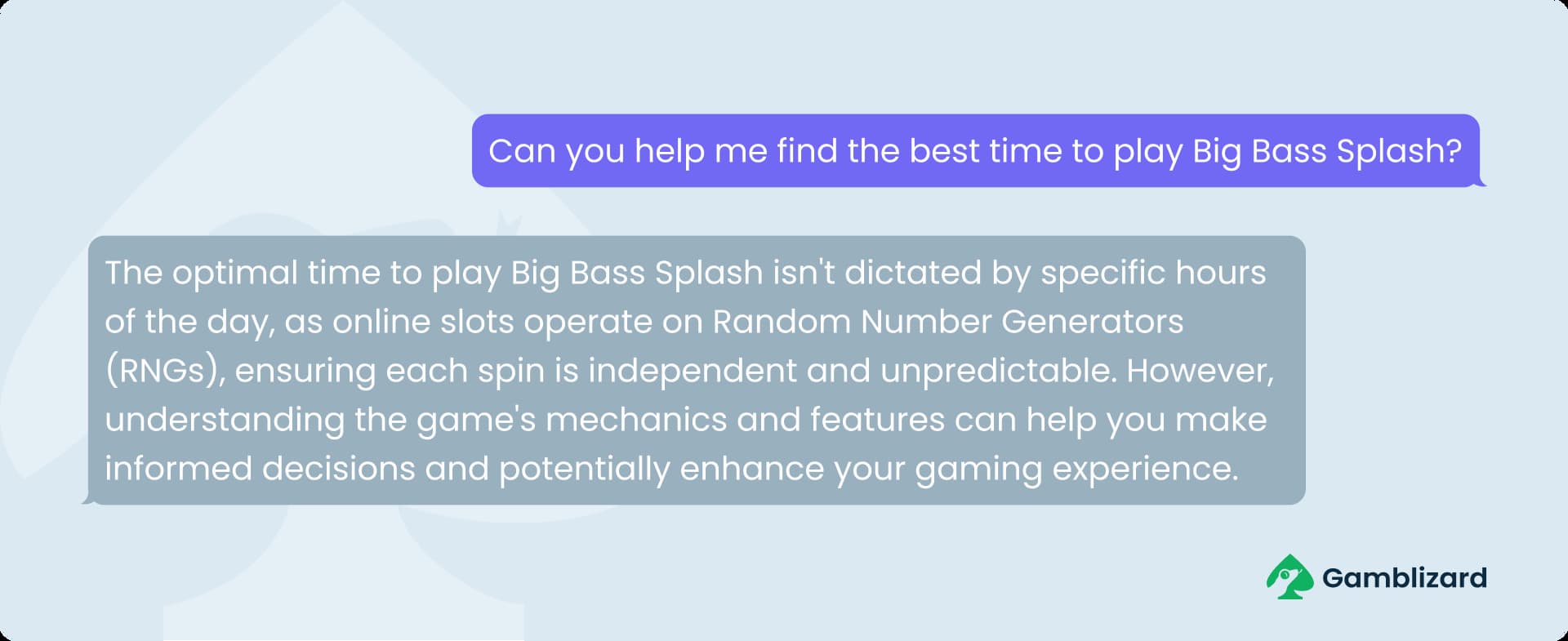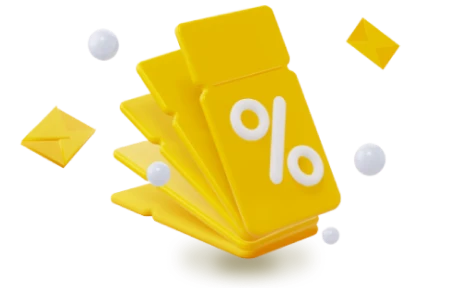AI vs Slots
“When’s the best time to play slots?”
“How do I know I’m about to trigger the jackpot?”
“Hot slots with good bonus features.”
Smart queries to AI, right?
Before you take the answers as gospel, ask yourself a better question: Can AI actually help you beat a slot?
Let’s break it down.
Why It Feels Like Ai Might Help
AI has become pervasive. We use ChatGPT to write emails, plan travels, even ask for life advice. Naturally, gamblers have started commanding AI to map out their next moves.
According to the 2024 survey by McKinsey, over 75% of users use AI tools regularly for work, studying, or everyday tasks. Robotics have literally become our virtual assistants, helping with everything from quick replies in Slack to movie recommendations and calming pet tips during storms.
So when it comes to gambling, it’s easy to think, “If AI can calculate my monthly budget or plan me a weekly workout, can’t it spot slot patterns too?”
That’s where a few cognitive traps come in.
Halo Effect
AI handles many things well, so we assume it can handle everything. Including games of chance.
Illusion of Control
Slots are purely random, but it is human nature to crave control. Any illusion of predictability feels comforting.
Confident Tone
AI sounds authoritative. But a confident answer doesn’t mean it’s correct. It just sounds right.
It all makes sense… until it doesn’t.
How Online Slots Actually Work
Let’s strip away the myths. If you want to understand what AI can (and can’t) do in slots, you need to understand how slots actually work.
Because while AI can detect patterns, this is one game where patterns don’t exist.
1. It all starts with RNG.
Every spin is powered by a Random Number Generator—a software algorithm running on a microprocessor that generates completely unpredictable outcomes.
Once again, it’s designed to be casual.
2. What about RTP?
A Return to Player (RTP) is a long-term average of how much a game pays back over thousands (or millions) of spins.
AI doesn’t know what version you’re playing—the variables are simply too many to predict the outcome.
3. Volatility makes it trickier.
Volatility tells you how often and how much a slot might pay out:
But here’s the catch: volatility isn’t visible in real time. AI can’t track it spin by spin.
4. No patterns. No signals.
Slots weren’t built like chess. So if you’re hoping ChatGPT can tell you when to spin, it’s like asking it to predict when a flipped coin will land on heads. Every spin is a reset.
No formula. Not even for AI. Just flashing lights and spinning reels.
Case: We Asked a Finance Strategist to Try ChatGPT on Big Bass Splash
To test how helpful AI really is, we asked Jamie Wall, Personal Finance Strategist and Analyst at Gamblizard, to play with it through a Big Bass Splash session on Peachy Games. One of the most popular Pragmatic Play slots has high volatility and a 96.71% RTP.
Jamie started with a typical question, “Can you help me find the best time to play Big Bass Splash?”
ChatGPT responded confidently and didn’t give false hope, “There’s no specific hour. Slots run on RNGs, so each spin is unpredictable. But understanding the game’s features can help you make smarter decisions.”
Jamie went on, “If I play 100 spins at $1 each, what can I expect?”
ChatGPT output what it could: a calculated estimate. The answer?
- Total bet: $100
- Expected return: $96.71
- Caveat: “It’s an average across many sessions. Actual outcomes will vary, especially when it comes to high-volatility slots.”
“That’s the point,” Jamie told us. “It wasn’t about predicting a win—it was about seeing the range, the risk, and staying clear-headed before I clicked anything.”
AI gave useful numbers. Not magic.
So What Can Ai Do?
AI won’t beat the RNG, but it can help beat the confusion.
Instead of searching for hacks, use it to get clear, structured answers that improve your play:
- Game Overviews
Ask “What features does [Slot Name] have—RTP, volatility, bonuses?”
Useful for comparing games before playing.
- Scenario Simulations
“If I spin 50 times at $1 each on a 95% RTP slot, what’s the realistic outcome?”
Helps to visualize short-term variance and loss potential.
- Bankroll Strategies
“Create a $200 slot budget with time limits and emotional stop-points.”
Useful for staying in control and avoiding tilt.
- Behavioral Insights
“What are common gambling struggles like chasing losses or having an illusion of control and how do I avoid them?”
Improves awareness and decision-making under pressure.
AI can be a smart coach, not a cheat code. Use it to understand the game, not to outplay it.
| AI Can See | AI Can’t See |
|---|---|
| Game mechanics: RTP, volatility, layout | RNG outcomes |
| Common strategies & bankroll systems | Whether a slot is “hot” or “cold” |
| Behavioral patterns and risky habits | What will happen on your next spin |
| Long-term probabilities and averages | Short-term streaks or instant jackpots |












